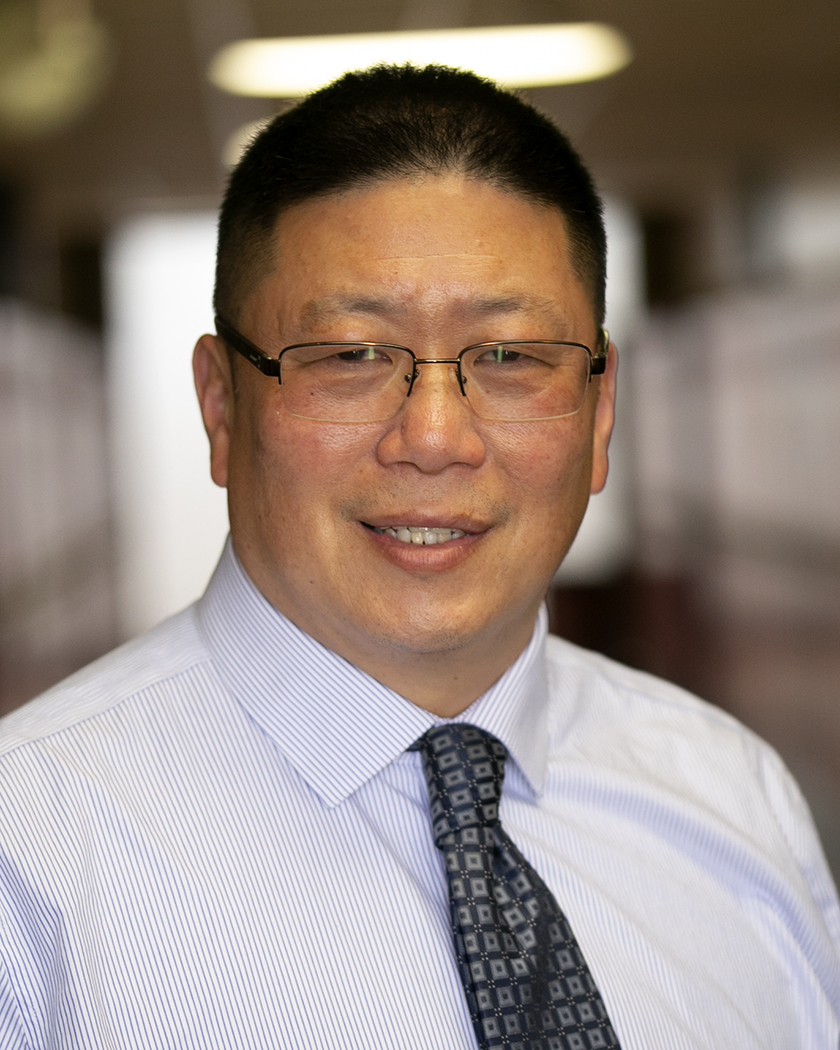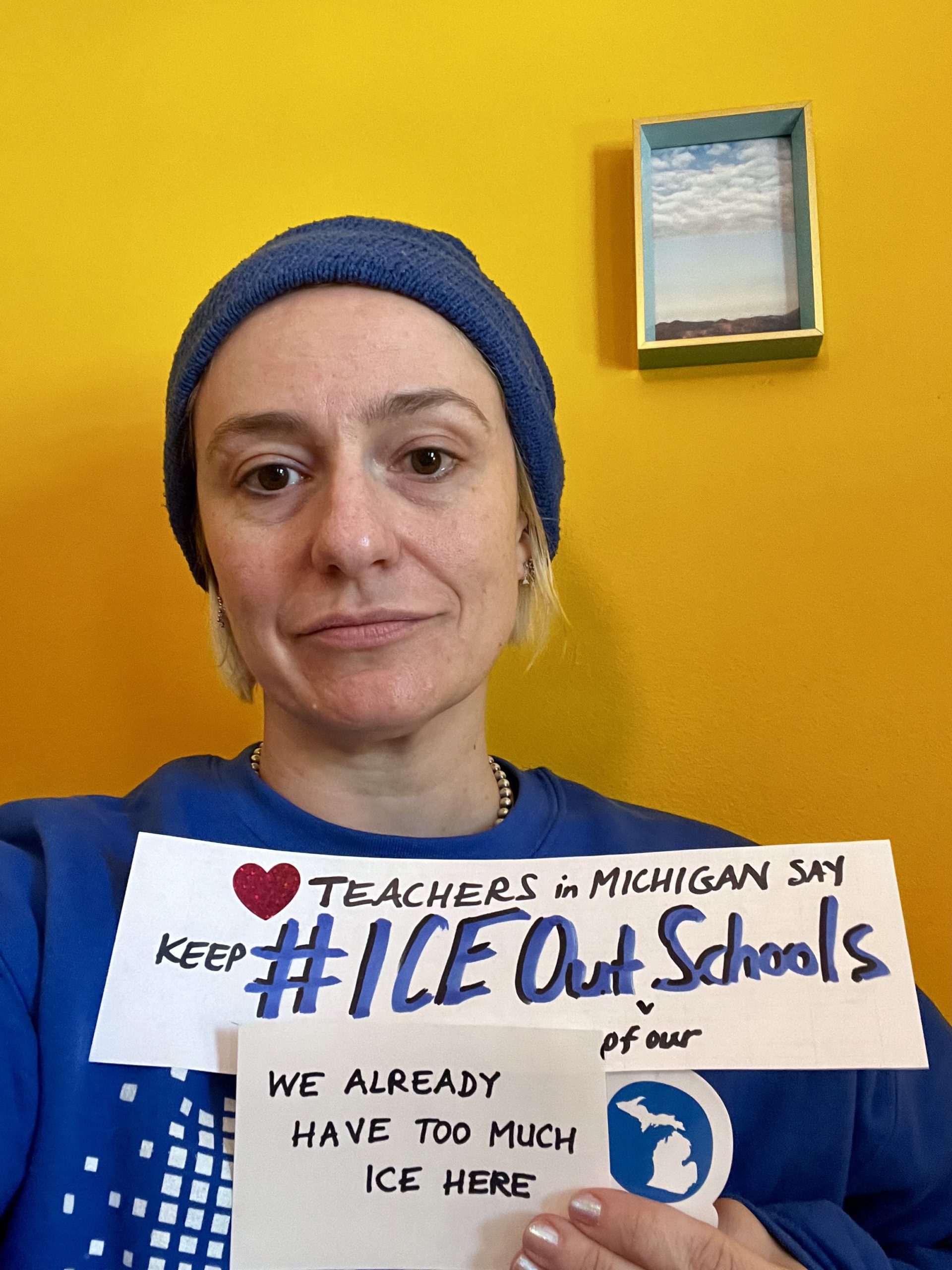It’s our job to help students become more tolerant, inclusive
By Richard Mui,
Canton High School
AP U.S. History and Civics teacher
 As a second generation Chinese American, I am proud to live in a country that has provided me and my family so many opportunities for a better life.
As a second generation Chinese American, I am proud to live in a country that has provided me and my family so many opportunities for a better life.
As a veteran U.S. history teacher, I have the unique opportunity to teach students about the historical context of many of the issues they encounter today.
In today’s global marketplace, it is imperative students have the ability to understand and appreciate all cultures. Anti-Asian American sentiment in recent months has made this more important than ever. Much of this hatred and intolerance has been fueled by scapegoating of Asian Americans related to the origins of the COVID-19 virus.
None of this—including the recent murder of eight Asian Americans at Atlanta spas—occurred in a vacuum.
Many people either don’t remember or weren’t alive when Vincent Chin, a Chinese American draftsman, was beaten to death in 1982 by two white men at a Highland Park bar. Chin was targeted because the men believed he was Japanese, a culture they associated with the decline of the U.S. auto industry at that time.
In the early 1940s, Japanese Americans were held by U.S. officials in internment camps during World War II. In 1882, the U.S. Chinese Exclusion Act prohibited immigration of all Chinese laborers. The Exclusion Act took its cue from the Page Act of 1875, which banned Chinese women from entering the United States.
These stains on our democracy are just a few examples of why many Asian Americans feel like perpetual foreigners in our country.
I grew up in Ferndale, where at the time there were few other Chinese families. I was outcast by my classmates and experienced teasing and racist comments. As a result, I’ve always taken a proactive approach to broadening my understanding of racial dynamics. I continue to do my very best to impart this knowledge to my students.
In my second year teaching at Canton High School, I worked with my students to launch the Asian Pacific American Club. The club provides a forum for these students to share their personal experiences. It also provides an opportunity to promote better understanding of Asian American history among all students. We’ve kept the club running for more than 20 years, and have continued meeting on Zoom throughout the pandemic.
I call on my colleagues to also use their platform as educators to heighten awareness and understanding of all cultures during the pandemic and beyond.
We’re at a crossroads when it comes to race in this country. Let’s do our part as educators to help lay the groundwork for the tolerant, inclusive leaders of tomorrow.
Richard Mui is project director of the Youth Leadership Initiative at American Citizens for Justice, a program where students learn about APA history and issues.
This guest editorial originally appeared in the Detroit Free Press and is reprinted here with permission.



